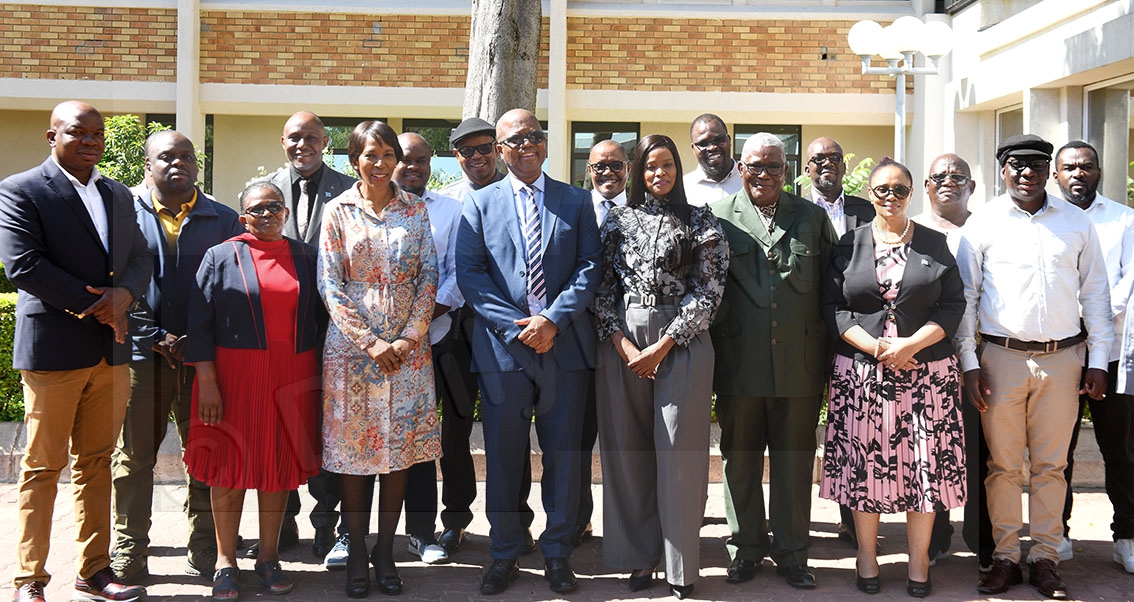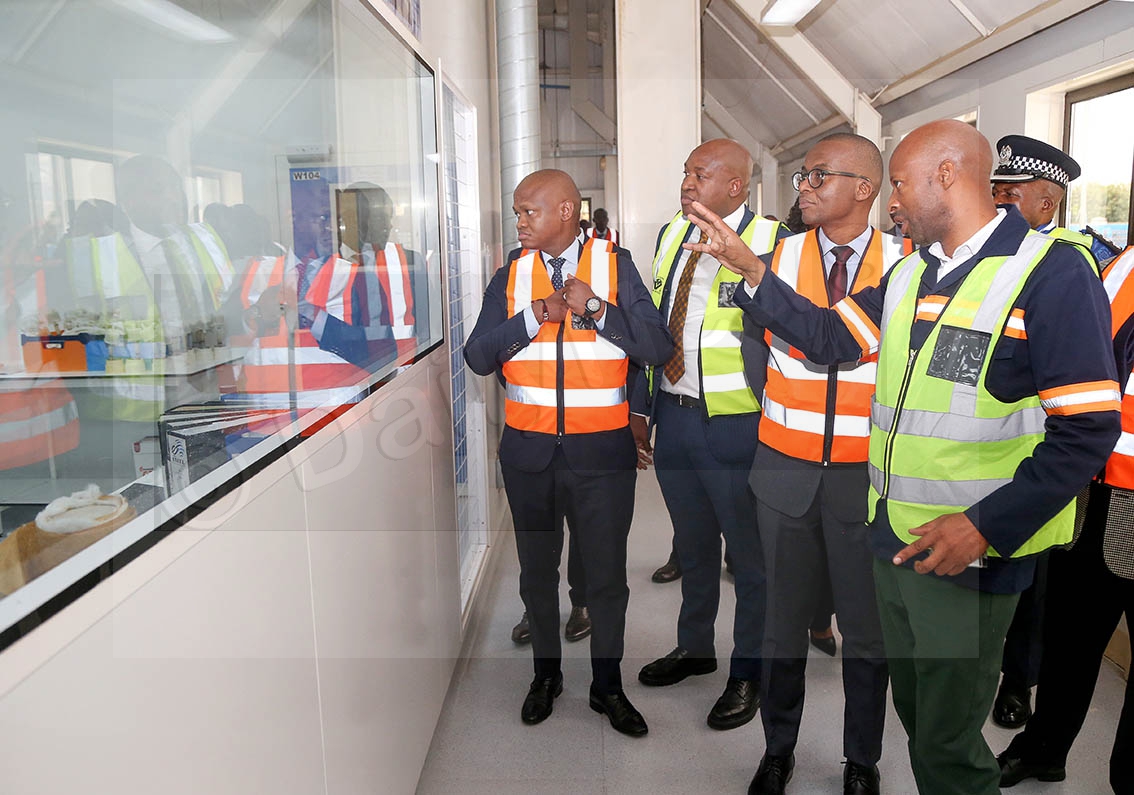PSBC resuscitation marks renewed commitment
06 Nov 2025
The long-awaited revival of the Public Service Bargaining Council (PSBC) has finally been achieved after government and seven recognised public sector trade unions signed the council’s Constitution on October 17. The development is widely viewed as a major step toward restoring trust and stability in Botswana’s public service labour relations, following years of stalled negotiations and fragmented engagement.
For many public servants, the PSBC had become a symbol of broken dialogue after the council ceased to function, leaving wage and conditions-of-service matters to be handled through inconsistent and sometimes unilateral channels.
Its resuscitation marks a renewed commitment to structured negotiation between the employer and the public workforce.
Minister for State President, Mr Moeti Mohwasa, commended both government negotiators and union representatives for their patience and professionalism during the lengthy negotiations.
He said the signing represented “a renewed commitment to strengthen dialogue, collaboration and mutual respect on matters affecting the welfare of public officers.”
The trade unions party to the agreement are BOPEU, BONU, BTU, BOSETU, NALCGPWU, BLLAHWU, and BDU. Their collective involvement demonstrates a shared recognition that a functional PSBC is essential not only for wage bargaining, but also for dignified and predictable labour relations.
Director of the Directorate of Public Service Management (DPSM), Ms Gaone Macholo, who signed on behalf of the employer party, described the milestone as critical to institutionalising coordinated collective bargaining in the public service.
She highlighted that representation in the council would be evenly balanced between government and unions, with decisions made by consensus.
A quorum will require at least 50 per cent participation from each side to prevent unilateral decision-making.
“Trade unions must meet admission thresholds, representation will be allocated equally between the employer party and unions and decisions will be made by consensus,” she said.
Ms Macholo further explained that government will fund the council for the first 18 months to ensure operational stability during its establishment phase.
The constitution has since been submitted for registration with the Commissioner of Labour, and gazetting procedures are underway, with completion expected by the end of November.
For trade union leaders, the moment carries emotional significance. Coordinator of the Trade Union parties, Mr Agang Gabana recalled that disagreements among unions were the main factor that previously paralysed the PSBC.
He said progress was only made after the Public Service Act was amended to allow decisions to proceed when agreed upon by government and the majority of unions, rather than requiring unanimity.
“The journey to this signing was painstakingly slow and energy draining, yet fulfilling. We finally reached a stage where the constitution was signed,” he said.
The PSBC was originally established under Section 50 of the Public Service Act of 2008 but disagreements especially among unions stalled its operations for years. Those internal differences Gabana recalls became the single biggest obstacle.
Mr Gabana described the signing of the PSBC constitution not as the end of a process but its beginning.
“This is the initial step. The council is where workers will present legitimate demands for better salaries, working conditions and benefits. It provides a structured space where decisions are binding not merely consultative,” he asserted.
He added that the first major task once the council becomes operational will be the establishment of sectoral bargaining councils to address specific issues affecting sectors such as health, teaching and local authorities.
In the short to medium term he said unions expected more efficient and less costly dispute resolution and an end to the drawn-out and expensive practice of taking labour disputes to court.
Mr Gabana noted that unions remained cautious about the council’s independence, given the government’s initial funding role, and called for strong safeguards to prevent undue influence.
“We also hope government will ensure their negotiators are well-prepared. Experience has shown that negotiations stall when one party lacks readiness,” he said.
Nonetheless, he shared that the tone among unions is hopeful. He said five years from now they envision a council where employer and employees come as equals, where every voice is heard, respected and considered.
As Botswana approaches the State of the Nation Address, unions are hopeful that the President will affirm the significance of this milestone and prioritise the completion of the council’s operational framework.
For many public servants, the revival of the PSBC represents more than institutional reform — it signals a return to meaningful dialogue, fairness in negotiations, and the rebuilding of trust in the systems that shape their working lives.
Once operational, the council is expected to prioritise public service salary negotiations, conditions of service, alignment of sectoral reforms, and the strengthening of sound labour relations. It is also expected to play a dispute-prevention role ensuring that tensions are addressed before they escalate into conflict. ENDS
Source : BOPA
Author : Lindi Morwaeng
Location : Molepolole
Event : Pre SONA
Date : 06 Nov 2025





